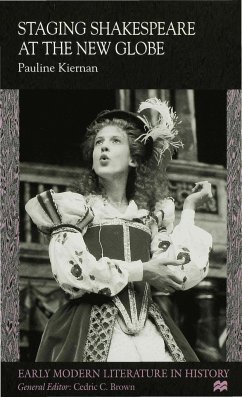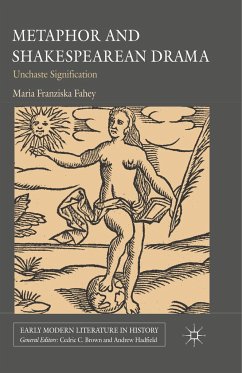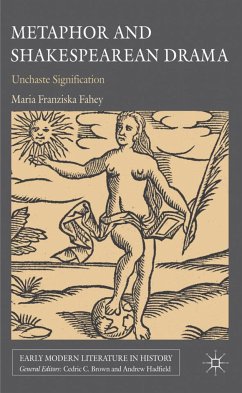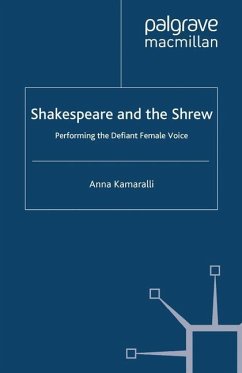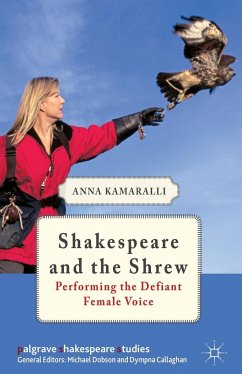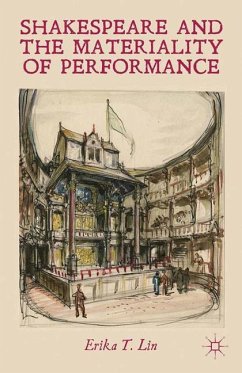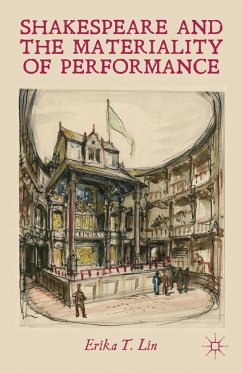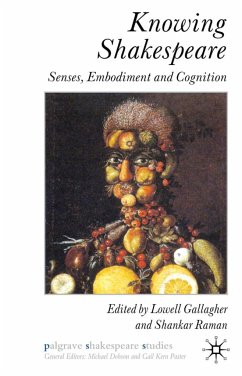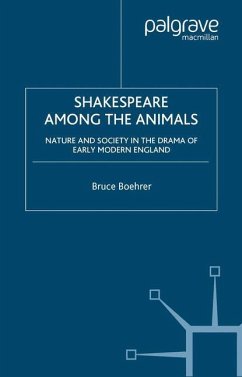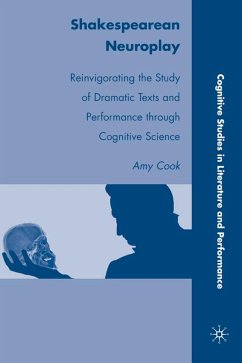
Staging Shakespeare at the New Globe
Versandkostenfrei!
Versandfertig in 6-10 Tagen
76,99 €
inkl. MwSt.
Weitere Ausgaben:

PAYBACK Punkte
38 °P sammeln!
What have we learned from the first experiments performed at the reconstructed Globe on Bankside? What light have recent productions shed on the way Shakespeare intended his plays to be seen? Written by the Leverhulme Fellow appointed to study and record actor use of this new-old playhouse, here is the first analytical account of the discoveries that have been made in its important first years, in workshops, rehearsals and performances. It shows how actors, directors and playgoers have responded to the demands of 'historical' constraints (and unexpected freedoms) to provide valuable new insigh...
What have we learned from the first experiments performed at the reconstructed Globe on Bankside? What light have recent productions shed on the way Shakespeare intended his plays to be seen? Written by the Leverhulme Fellow appointed to study and record actor use of this new-old playhouse, here is the first analytical account of the discoveries that have been made in its important first years, in workshops, rehearsals and performances. It shows how actors, directors and playgoers have responded to the demands of 'historical' constraints (and unexpected freedoms) to provide valuable new insights into the dynamics of Elizabethan theatre.





